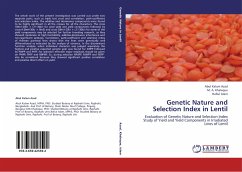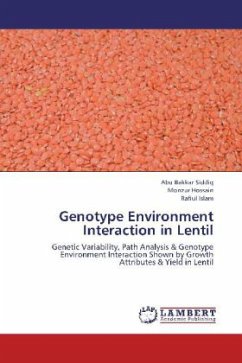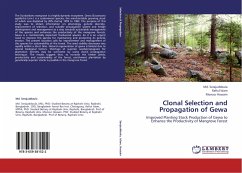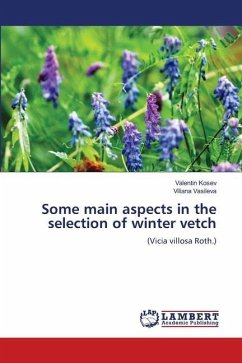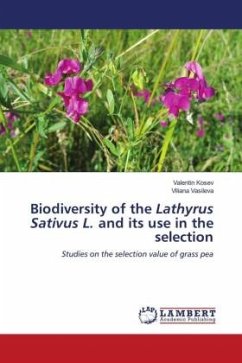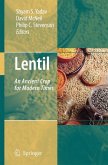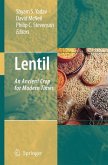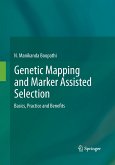The whole work of the present investigation was carried out under two separate parts, such as triple test cross and correlation, path-coefficient and selection index. The additive and dominance components were found to be highly significant in all the crosses for all the characters. The cross 7(Bm1-20kr × L11-30kr) for seed yield and yield components followed by cross 8 (Bm4-30kr × Bm3) and cross 5(Bm1-25kr × L11-30kr) for some of the yield components may be selected for further breeding research, as they showed moderate to high heritability, additive-dominance inheritance and non-significant epistasis. Correlation, path-coefficient and selection index of thirteen parental lines shows that the lines were genetically well differentiated as indicated by the analysis of variance. In the discriminant function analysis, when individual character was judged separately the highest and positive expected genetic gain was found for SWPP followed by PWPP and PHFF. For selection effective major emphasis should be given on PWPP, PHFF and NBPMF. So, during selection NPdPP, PdWPP and NSPP also be considered because they showed significant positive correlation and positive direct effect on yield.
Bitte wählen Sie Ihr Anliegen aus.
Rechnungen
Retourenschein anfordern
Bestellstatus
Storno

